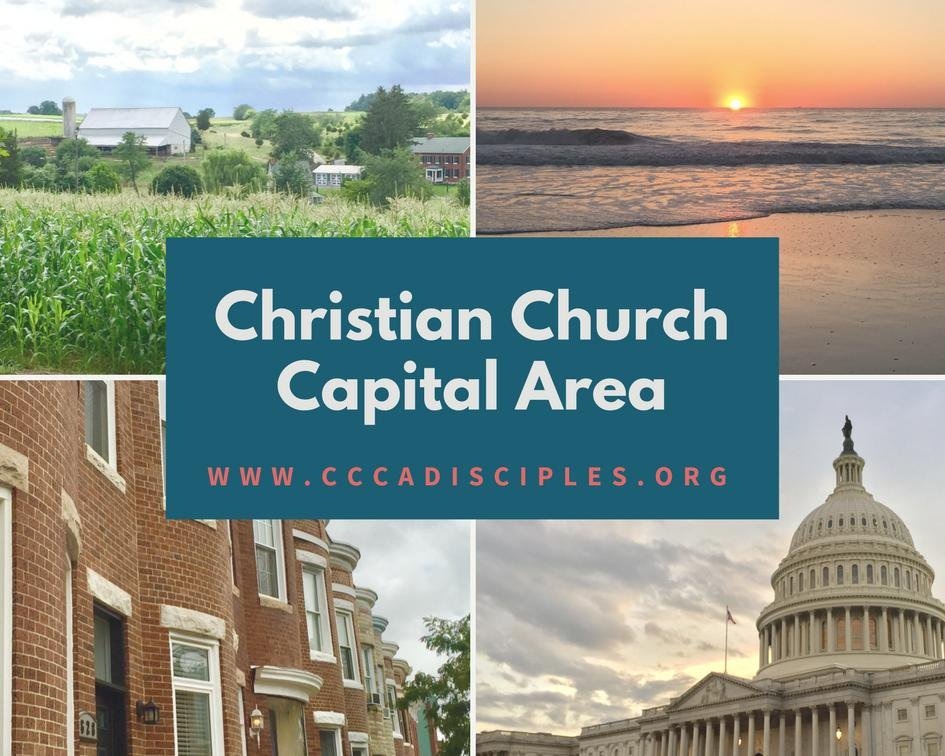As the Commission for Ministry, we take seriously our role of accompanying you in the work of ministry! Part of the Commission’s responsibilities include providing continuing educational opportunities so that you can strengthen and deepen your skills of ministry.
Ongoing continuing education on Clergy Ethics/Healthy Boundaries is essential for maintaining the health, mental wellness, and integrity of clergy leaders and pastors. In the Order of Ministry process, all clergy must complete training in the area of Clergy Ethics/Healthy Boundariesat least once every three years. By engaging in ongoing education, clergy can reinforce their commitments to ethical behavior, ensuring they serve their communities with transparency, accountability and compassion. Moreover, participation in continuing education opportunities fosters personal growth and resilience, equips clergy to handle the emotional and spiritual challenges that are ever present within the practice of ministry. Continuous learning also ensures that clergy can be up-to-date on ethical standards that support navigating complex moral dilemmas that emerge within ministry.
Serving as an advocate in ministry, the Commission for Ministry believes that a well-informed and ethically grounded clergy are better positioned to build trust and foster healthy, thriving communities.
Each year, continuing education opportunities will be offered related to Clergy Ethics/Healthy Boundaries.
In our virtual survey course on Clergy Ethics/Healthy Boundaries 101 participants will be offered the chance to consider ethical behavior on topics ranging from
Clergy Self Care and Awareness
Crossings vs Violations
Power/Vulnerability
How We Use Power
Hospitality and Entitlement
Internet Technology/Social Media
Finances
Sexual Attraction
Dating
Gifts
The Pulpit, Hugging and Touch
Trusting Our Spiritual Leaders
This survey course is widely taught across the Christian Church (Disciples of Christ) and originates from the FaithTrust Institute, an interfaith and ecumenical organization and curriculum for religious leaders. Because this survey experience is designed as a virtual 3 hour conversation, the format does not allow for in-depth discussion of all the topics. The intent is to help raise the awareness of ethical practices and how clergy with healthy boundaries and awareness engage and navigate through many of these issues.
Our 2026-27 online Clergy Ethics and Healthy Boundaries online courses will be taught by Rev. Kate Epperly D. Min. who was trained at the FaithTrust Institute in Seattle, Washington on the following dates:
- Saturday, March 21, from 9 am to 12 Noon.
- Wednesday, June 3, from 6:30pm to 9:30 pm.
- Thursday, October 1, from 1 pm to 4 pm.
